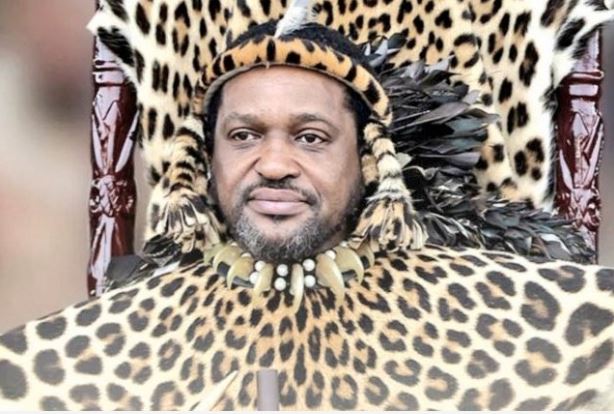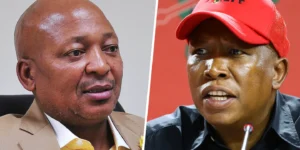By: Clyde N.S Ramalaine
Please permit me to wish all Zulus celebrating this moment, those who subscribe to the notion of monarchies, well for this momentous day that marks the coronation of your king.
Issuing the South African State’s certificate of recognition of the Zulu Monarch Misuzulu is a political act that serves many interests. The obvious and salient question is why a particular event had to be organised when the president of South Africa could have been given a moment to deliver the certificate on the day of the coronation a month or two ago.
For Misuzulu, it legitimizes the Zulu monarch. Despite already being coronated, it is the day he officially assumes the throne. The State is also unequivocally clear about whom it recognises as the new Zulu monarch.
Ramaphosa, who delivers the keynote, is perhaps the most significant address to Zulus in a province where the ANC leadership did not opt to give him a second term.
It’s the last address of this magnitude for him before the December 55th Conference.
This moment rightly, wrongly, or indifferently sends signals of how important Kwa-Zulu Natal is for the ANC. Myth or truth is better understood against the backdrop of historical leaders that served in the ANC. The fact that the province usually has the most delegates at a conference. Has it always been this way? Or was there a particular moment in history when the Zulu people emerged in the ANC context to this level?
This event again underscores the undeniable dominance of the Christian faith as umbilically intertwined in the Zulu monarchy from historical and ongoing contexts. It’s also true for the ANC. As I said many years ago, the umbilical cord of the ANC runs through the pulpit of the Methodist Christian Church. It’s an inseparable reality, as its anthem attests in a triune God declaration.
In a sense, like all cultures, it’s also an expression of culture-made-and-remade, meaning some can be explained in history, others relatively younger and assumed.
This moment at another level, in the form of exceptionalism, communicates the Zulu Monarch as the official monarch of South Africa. Of course, many who are not Zulu reject this outright. It’s unfortunately also an inescapable dominance and celebration of patriarchy.
Perhaps a good question is: What does it mean for the cause and imperative of transformation when a democratic state espouses non-sexist, non-racial, ideals through culture albeit made-and-remade in traditions endorses the celebration of patriarchy?
Suppose you wonder why I refer to the Zulu people as people, not a nation. I consciously do not refer to Zulus or any group that makes up groups of a SA populace as distinct nations because that construct, while often used, is less unpacked and connotes the sophism of a South Africa comprised of multinations. For those who know, it is also a bequeathed identity that the apartheid State exacted on those it defined as separate from them. Unfortunately, something the ANC often also mixes up as inherited from apartheid anthropology.
So the day as celebrated holds these ambivalent and necessarily interwoven political meanings, albeit in cultural and traditional expressions wrapped in a certificate.







